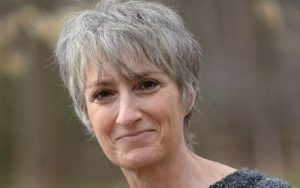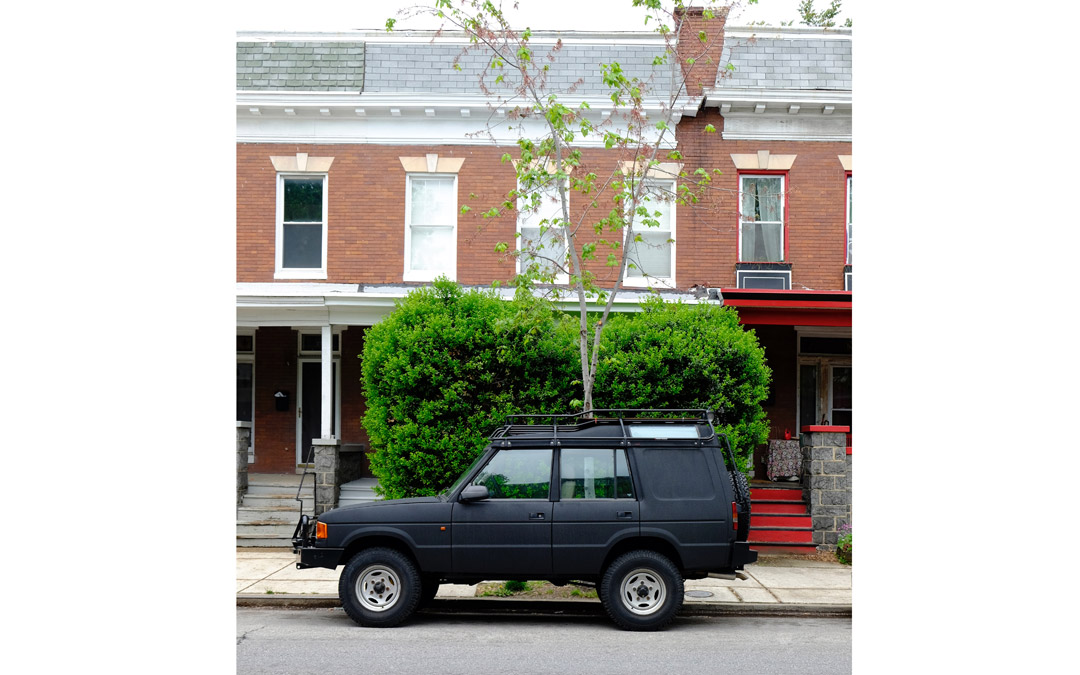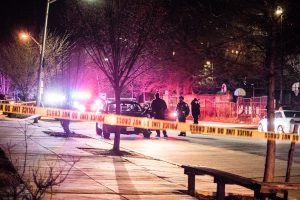I was walking around my neighborhood the other morning, as I often do, especially during these days of COVID. It is a good to be able to connect personally, physically, with neighbors as they go by.
As I was passing one particular driveway, a car approached and started to slow. Eager to see which neighbor it was (we have a small neighborhood and tend to know everyone), I took out my earbuds, stopped walking and turned toward the car.
The driver’s window slowly lowered and an unfamiliar face appeared. At first I thought they must be stopping to ask directions; but then a newspaper came winging out. Now, our previous newspaper delivery man retired last winter. This one was new. Which is important to the story. And it is also important to say that he was a youngish Black man.
This newspaper man did not know me. He did not know the neighborhood well. He did not know the kind of people we were. He did not know why I showed interested in him, or why I stopped to peer into his car. But I did, and as I looked, I saw something I was unprepared to see: Fear. He was scared. Of me!
No doubt in that moment, he didn’t know if I was going to call the cops and complain about an intruder, or if I was going to start interrogating him about what he was doing there, or start spewing something unpleasant, or who-knows-what. But what was clear was that he felt vulnerable. And scared. Not because of my stature, or stance, or weapons. But because of my color. I was White, and we were in a White neighborhood.
And in that moment, I came to the horrifying realization that this is what America has come to. The races have become so estranged that we are deeply afraid of each other. Perhaps we have really always been this way, and it is just during some halcyon moments we were able to cover over it and begin to believe that things were changing. Or perhaps there are pockets of genuine equality and we falsely extrapolate from them to the whole. But in the hyper-polarized America we are living in today, that curtain of harmony is pulled back and we see the fear underneath, rising to the surface.
This summer was a revelation. While we are all reeling from the threats of COVID and hurricanes and fires and joblessness and evictions and the inability to gather easily at schools and games and funerals and restaurants and congregations, while our hearts are open to pain and loss and injustice, White America is finally coming to terms with its toxic legacy of racism.
The question is, what do we do now?
There is no easy answer. But we know that words are no longer enough. Professing our support is essential but it is no longer sufficient. What is needed now is a true, deep-seated change of attitude and the actions to match.
Before this summer, whenever I had to fill out a form asking what nationality or race I belonged to, I would defiantly pass over “White.” As a Jew, whose people were oppressed for thousands of years by “Whites” (whatever that means), and as a Jew whose ancestors here in America were cast as “non-White,” I certainly did not see myself, nor would declare myself, White. Nor did I see myself as contributing to the racial problem. I opposed inequality, spoke against it, voted against it. But I was an outsider, neither Black nor White.
No longer. Through my brief encounter with my newspaper driver, plus reading and listening to narratives and teachings about race in America, I see that we have a “White body supremacy” problem, as author Resmaa Menakem calls it. That is, by having a White body, I am part of the equation. I have privilege from the get-go because when people see me, they see White.
Yes, anti-Semitism still exists. Yes, even in America, Jews are still occasionally singled out for hatred and violence, as we have seen too tragically these past few years. Yes, we still have to be vigilant against hatred toward Jews and Israel. But when I am walking down the street, visiting a neighborhood other than my own, bird-watching in a public park, driving my car, applying for a job, applying for a loan, shopping in a store, standing in an elevator, my White body does not alarm or disturb other [White] people, people who assume authority, or supremacy. Which says to me, if we enjoy the privilege, we must be part of the solution. We cannot sit on the sidelines or think it isn’t about us. Otherwise, we are part of the problem.

Rabbi Nina Beth Cardin is the director of the Maryland Campaign for Environmental Human Rights. She lives in the neighborhood where she grew up.





